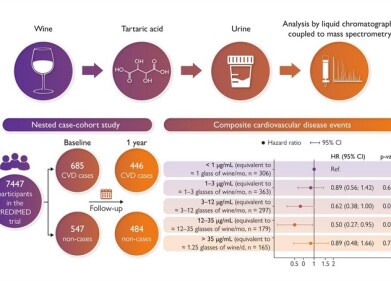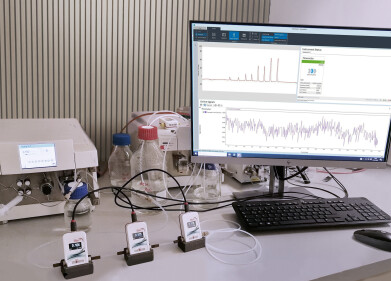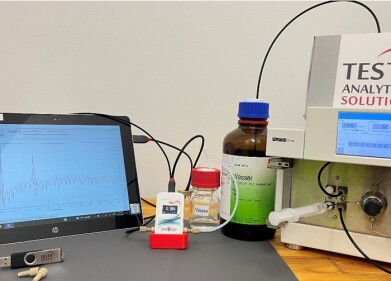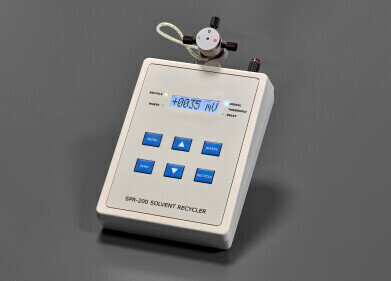Chromatography
Membrane Inlet Mass Spectrometer System Assists in Denitrification Studies
Sep 01 2010
Denitrification is the process carried out by bacteria that converts nitrites and nitrates to nitrogen, nitric oxide and nitrous oxide gases. Two of these gases have been linked with ozone layer depletion and global warming.
Denitrification is an anaerobic process and occurs in environments where oxygen levels are depleted, such as within soils and groundwater. The Hiden Analytical HPR-40 membrane inlet mass spectrometer (MIMS), designed for the measurement of dissolved gas species, is ideally suited to the study of such processes and simultaneously and continuously measures multiple gas species in real-time down to ppb levels.
The membrane materials used in the inlet systems have high permeability to many gases and organic vapours but low permeability to water vapour. They provide an efficient barrier between the media and the mass spectrometer and are available in the form of probes, for insertion into the sample, and in the form of circular capsules for flow-through applications. Multiple inlets are available for laboratory applications with up to eight separate sampling points being monitored under the control of a single mass spectrometer. The vacuum system is fully protected with automatic sampling line isolation in the event of membrane failure.
Applications include soil core and slurry analysis, biological and microbiological monitoring, groundwater contamination studies and ’in vivo’ analysis in both fresh and salt water.
Digital Edition
Lab Asia 31.6 Dec 2024
December 2024
Chromatography Articles - Sustainable chromatography: Embracing software for greener methods Mass Spectrometry & Spectroscopy Articles - Solving industry challenges for phosphorus containi...
View all digital editions
Events
Jan 22 2025 Tokyo, Japan
Jan 22 2025 Birmingham, UK
Jan 25 2025 San Diego, CA, USA
Jan 27 2025 Dubai, UAE
Jan 29 2025 Tokyo, Japan



















